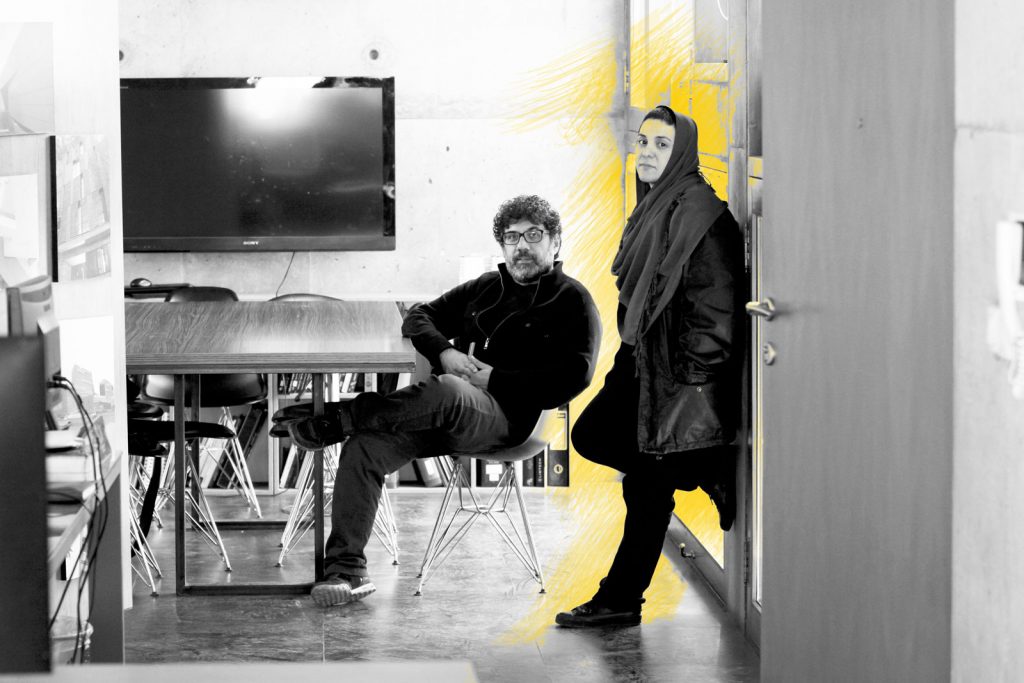Nashid Nabian, has a master of architecture degree from Shahid Beheshti University, a master of urban design from University of Toronto, a doctoral degree from Harvard Graduate School of Design, and has completed a post-doctoral fellowship at MIT Senseable City Lab.
Nashid’s research focuses on the digital augmentation of architecture and constructed landscapes, particularly public spaces, and how novel technologies impact the spatial experience by soliciting the needs and desires of inhabitants or users. She is the author of many seminal articles and book chapters in the field of architectural and urban technologies and is a frequent contributor to Iranian periodicals focused on Architecture and Urbanism. Her research and projects in the field of digital augmentation have been showcased in various venues, including the ACADIA, IEEE Digital Ecosystems Conference, the UCMedia Conference on User-Centric Media, the Mobile Multimedia Communications Conference, and Seed magazine.
She has taught classes on Responsive Environments, Smart Cities and Bottom-up Urbanism, all focused on deployment of situated technologies in built environments, at University of Toronto, MIT, North Eastern University, and Harvard Graduate School of Design. During her three-year long appointment at Harvard Graduate School of Design, she supervised a multi-year research project on Smart Cities at GSD in collaboration with University of Bergamo.
Nashid is a co-founder of (Shift) Process Practice, an award-winning architecture studio based in Tehran. The practice covers all scales pertaining to built environment ranging from infrastructures to urban settings, architectures, and even artifacts. The practice is committed to contributing to a paradigmatic shift to the design process.
She is also the director and co-founder of Tehran Urban Innovation Center (TUIC), which is the R&D proxy of Shift studio.
Established in 2016, Tehran Urban Innovation Center is a design-by-research, research-by-design initiative, dedicated to developing ideas for smart urban solutions in contemporary Iranian cities.
The Center aims at tackling pressing urban issues through deployment of novel technologies with the ultimate goal of making existing Iranian cities smarter, more resilient, and as sustainable as possible. This is achieved with a trans-disciplinary approach, capitalizing on the potential of mode-2 knowledge production, and IDEO framework for Design Thinking.

